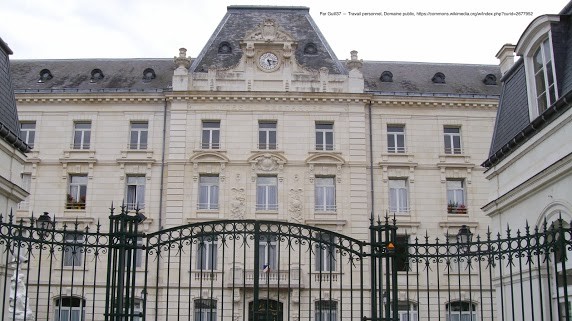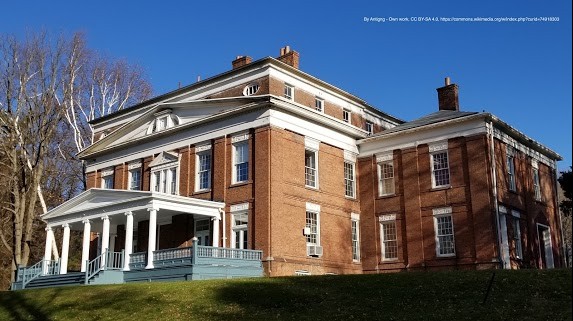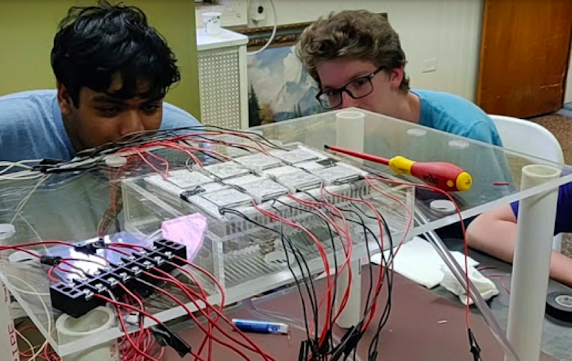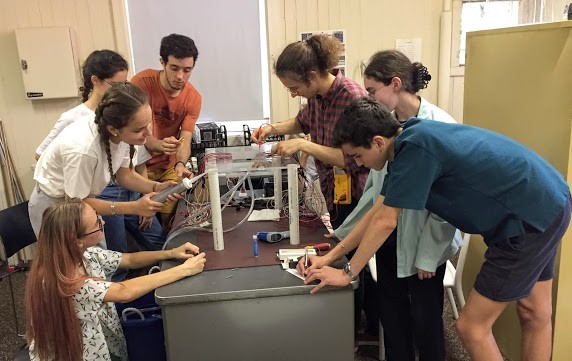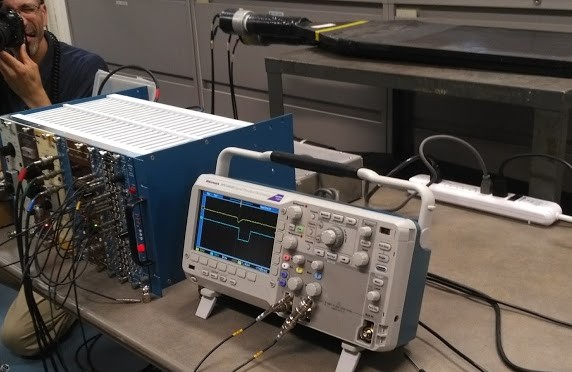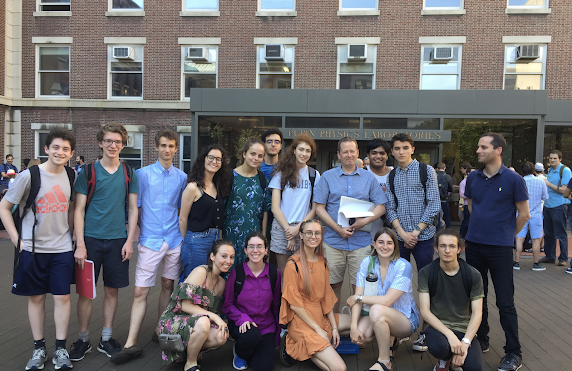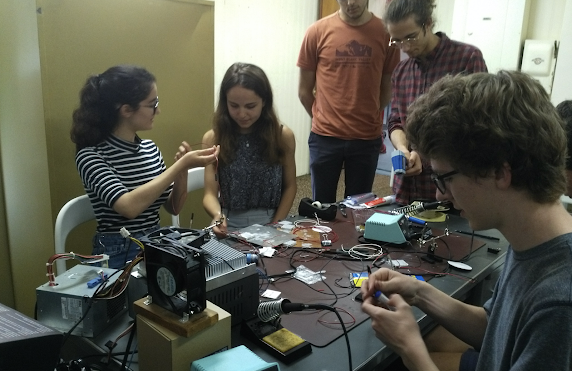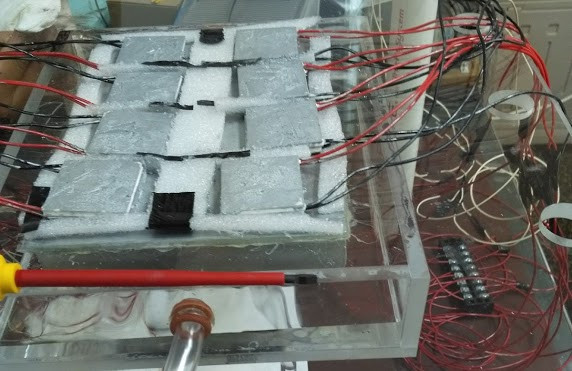APSS 2021
About the Program
Due to the current COVID-19 pandemic, the summer school has been cancelled this year. Please watch this space for information about next year's event.
This year, a Summer Colloquium Series will be held remotely via Zoom.
Institutions
Experiments
Cloud Chamber
A cloud chamber is an early form of particle detector developed by C.T.R. Wilson in the early 1900's. Charged particles interact with the vapor in the chamber and create a trail of ionized particles. These ions then form a thin line of droplets which display a track of the particle's path. These different tracks change depending on the type of particle.
Cloud chambers played an important role in experimental particle physics from the 1920s to the 1950s, until the emergence of the bubble chamber. In particular, the discoveries of the positron in 1932 and the muon in 1936, both by Carl Anderson (awarded a Nobel Prize in Physics in 1936), used cloud chambers.
Here is a nice review of the contributions of the cloud chamber to physics: "A Report on the Wilson Cloud Chamber and its Applications in Physics". Reviews of Modern Physics. (1946).
Muon Lifetime
Muons are stopped in a large block of scintillator, where they subsequently decay into an electron (or positron) and two neutrinos. A short light pulse is produced by the stopping muon, and a subsequent short light pulse is produced by the electron (or positron), both of which are detected and amplified by a photomultiplier tube. By measuring the relative delay between these two light pulses from many muons, we can measure their lifetime.
Particle Astro Research
Members of the particle astrophysics group at Barnard College and Columbia University are involved in the development of a prototype Schwarzchild-Couder telescope (SCT) under construction at the Fred Lawerence Whipple Observatory, Arizona. Find a press release on the SCT inauguration here
The development of the prototype SCT has been made possible by funding provided through the NSF-MRI program. The pSCT Collaboration consists of members from several institutions. Find a complete list of institutions here
